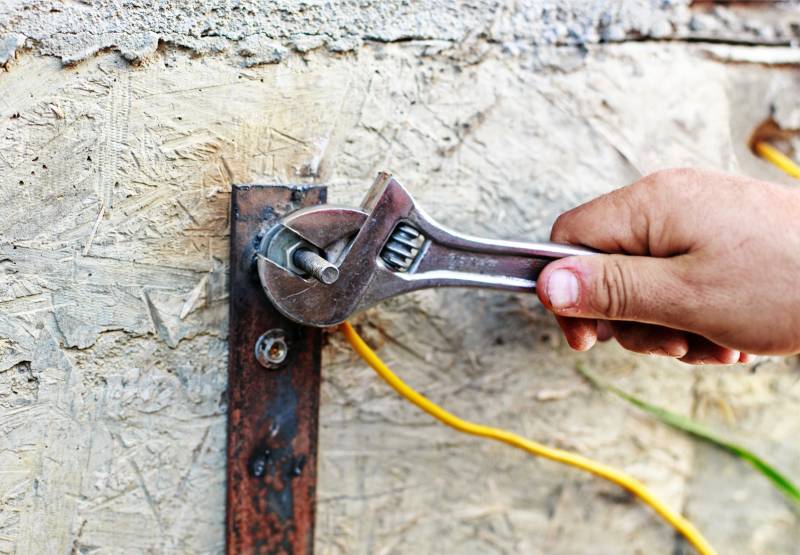
When it comes to home electrical safety, two crucial concepts often get overlooked: grounding and bonding. While these terms are sometimes used interchangeably, they have distinct roles in ensuring the safety and functionality of your home’s electrical system. Understanding the difference between grounding and bonding is essential for homeowners, especially when it comes to preventing electrical hazards.
Grounding refers to creating a direct path for electrical current to flow into the earth. This path provides a safe route for excess electricity to dissipate, protecting both people and property from electric shocks and potential fire hazards. Grounding is particularly important in the case of electrical faults, such as a short circuit, as it allows the excess current to safely escape the system rather than building up and posing a risk.
Every modern home is equipped with a grounding system, which typically includes a ground rod driven into the earth. Electrical appliances and devices in the home are connected to this system through the ground wire, creating a safeguard against electrical faults.
Bonding, on the other hand, involves connecting various metal components of your electrical system together to ensure they maintain the same electrical potential. This means that if any metal part becomes energized due to a fault, the current can travel through the bonding connections and be directed safely to the grounding system.
Bonding prevents voltage differences between conductive surfaces in your home, such as pipes, appliance casings, and electrical enclosures. Without proper bonding, these surfaces could carry dangerous voltage, increasing the risk of electric shocks and short circuits.
Grounding and bonding work hand-in-hand to create a safe electrical environment. Together, they ensure that:
While grounding and bonding may seem straightforward, proper installation is critical to their effectiveness. Incorrect grounding or bonding can lead to serious hazards, such as electrical shocks, equipment failure, or even fires. For this reason, it’s important to have a licensed electrician inspect and install these systems to ensure they meet code requirements and function as intended.
Grounding and bonding are vital aspects of any home electrical system, protecting against electrical hazards and keeping your home safe. At Stan’s, we understand the importance of a properly grounded and bonded electrical system. If you're unsure about your home's grounding or bonding setup, our team is here to help ensure everything is functioning safely and up to code.